Vitamin K-2, 100mcg – 100 vcaps
Biologically Active Form.
Menaquinone-4 (MK-4).
Supports Proper Calcium Metabolism.
Although Vitamin K is historically known for its role in normal blood clotting function, we now know that Vitamin K is also essential to bone, cardiovascular, and nervous system health. As a biologically active form of Vitamin K, K-2 is important for the formation of healthy, strong bone matrix. Vitamin K’s role in arterial health revolves around its ability to support proper calcium metabolism in vascular structures.
Additional description
Vitamin K can be broken down into three different branches: K1, K2 and K3. Vitamin K1 is made by plants and Vitamin K2 is made by bacteria. Vitamin K is a great source that helps the body make the proteins needed for normal blood clotting function. Blood clotting happens naturally when there is an injury and a blood vessel is torn. Without the normal blood clotting functionality, overwhelming amounts of blood can be lost and healing can take longer to complete. It has also been proven that Vitamin K is one primary source of improving bone and cardiovascular health. Research has also proven that the amount of Vitamin K in the bones is critical to achieving a stronger and healthier bone quality complex.
Vitamin K is equally important in the body functionality because it is a fat-soluble vitamin. Fat-soluble vitamins are metabolized and more easily stored in the body because they can be dissolved in oil or in melted (dietary or body) fat. Vitamin K also prevents the calcification of arteries and regulates the blood sugar. It also helps the body to move calcium throughout the body, which also aids in blood clotting. Vitamin K helps to reduce the risk of bone fractures and hip displacement. Other benefits of Vitamin K can help excessive bleeding, control gum bleeding, nose bleeding and heavy menstrual bleeding. Those that bruise easily can also reap benefits from Vitamin K.
Too little Vitamin K can be evidenced by blood in the urine, loss of bone, decrease in bone mineral density, hemorrhaging, anemia or even hip fractures. Too much Vitamin K can does not have any adverse side effects. The recommended levels of Vitamin K as indicated by the National Academy of Sciences are: Males / females 14-18 years old is 75 micrograms. Males 19 years old and older is 120 micrograms. Females 19 years and older is 90 micrograms. Pregnant or lactating females 19 years and older is 90 micrograms.





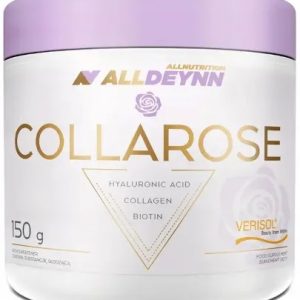














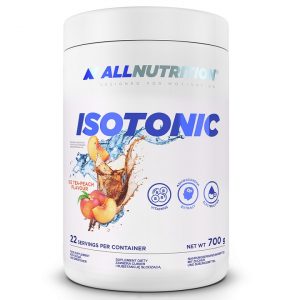


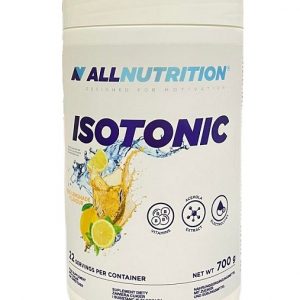
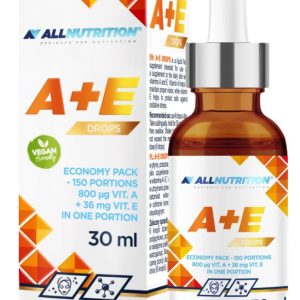

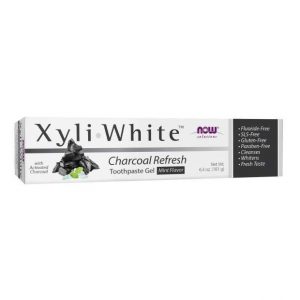

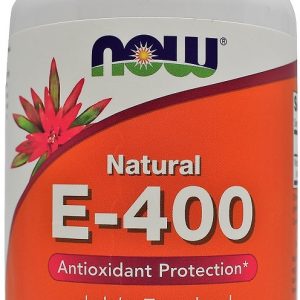

Reviews
There are no reviews yet.